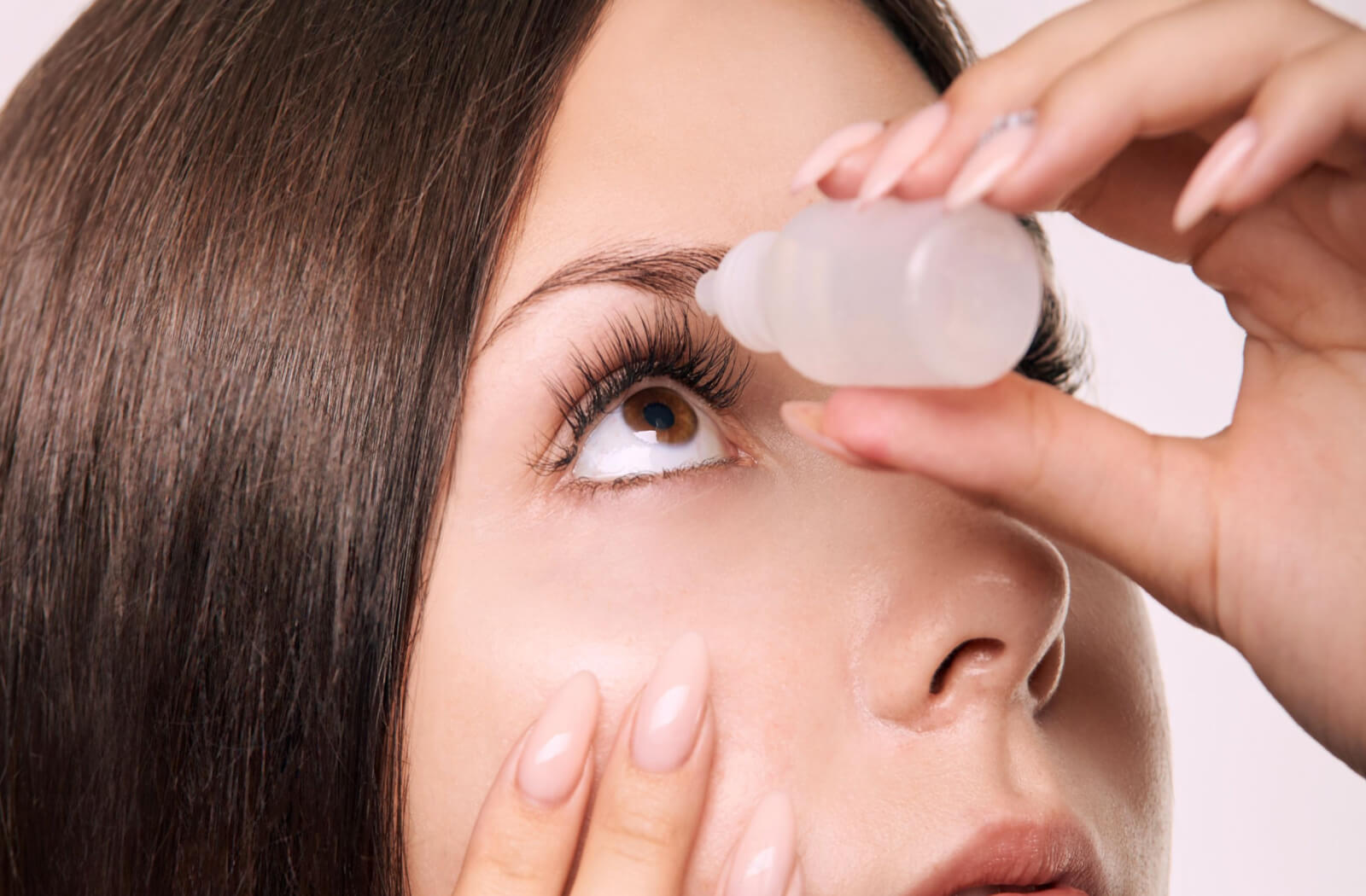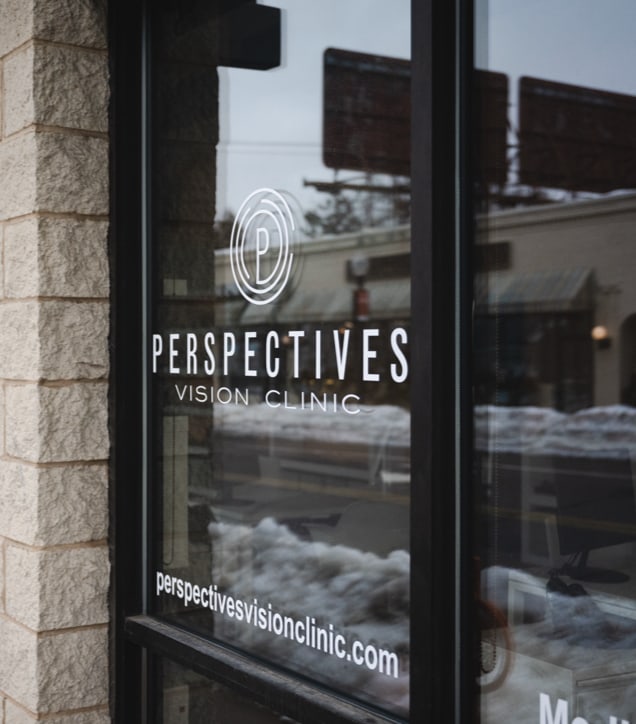If you’ve received a comprehensive eye exam, the chances are high that your eye doctor used atropine eye drops as part of the exam. One of the commonly known uses of atropine is to cause the pupils to dilate.
Dilating your pupils is an important part of an eye examination because it allows much more light into your eyes. This enables the eye doctor to see inside your eye and check for several eye diseases such as diabetic retinopathy, age-related macular degeneration, or glaucoma.
What Does Atropine Do?
Eye dilation isn’t the only thing that atropine is used for. But to understand its other uses, we must find out exactly what it is and how it works.
Atropine sulfate is commonly manufactured under three different brand names in the United States: Atropine Care 1%, Isopto Atropine, and Ocu-Tropine. And it’s available as an ointment or eye drops.
Acetylcholine is a chemical compound that is naturally produced by our nervous system. In the case of our eyes, its primary use is stimulating the cholinoceptors in the muscle of the iris. This causes pupil constriction to maintain the appropriate amount of light.
When atropine is introduced, it blocks this compound. This causes the ciliary muscles to relax and the pupil to dilate.
Atropine Eye Drop Uses
As mentioned, one of the primary uses of atropine is to dilate the pupils so that the optometrist can accurately see and diagnose several conditions. However, it’s also used in several other treatments.
Inflammation Reduction
Sometimes an eye disease or condition is caused by inflammation. Uveitis and iritis are two examples of umbrella conditions whose root is severely inflamed parts of the eye. Because it causes the ciliary muscles to relax, atropine is often used to successfully treat these issues.
Another example of atropine use is in post-surgery care. The anti-inflammatory properties enable your body to heal correctly and reduce the risk of complications or other side effects from inflamed eye tissue.
Childhood Conditions
Atropine is a common way to treat myopia (nearsightedness) in children. While it doesn’t correct or fix the vision problem—that’s the job of glasses or contact lenses—it can slow the progression.
Another condition in children that has shown good treatment results from atropine eye drops is amblyopia (lazy eye). For many years, an eye patch was the preferred and accepted form of treatment. But according to studies done throughout North America, atropine showed similarly promising results as the patch did. However, compliance with atropine treatment was much higher overall.
Considerations Before Using Atropine Eye Drops
Like any medication, certain risks or potential side effects are possible. Your eye doctor can provide all the information that applies to your situation. The optometrists will consider several things when deciding whether or not to prescribe atropine eye drops.
Allergies
One of the most important considerations is whether or not you’re allergic (or potentially allergic) to atropine or related medications. This is why it’s essential to be as thorough as possible when your eye doctor asks questions about your allergies. Ensure you provide all known allergies, including food, medications, animals, or anything else.
Conflicting Medications
In addition to allergies, your eye doctor will consider other medications you take. Inform your optometrist of all prescription, over-the-counter (OTC), or natural supplements that you’re taking. This minimizes your risk of experiencing any harmful side effects from combining medicines.
Age
Age is a factor in whether or not atropine is a viable option. For example, atropine eye drops are not commended for use in children younger than 3 months. At the same time, there haven’t been adequate studies on atropine effectiveness in treating age-related conditions in seniors.
Breastfeeding Mothers
Adequate studies have not yet been completed to ensure the safety of using atropine while breastfeeding. Your eye doctor can weigh the risks and benefits with you to determine whether atropine sulfate will be the best option.
Underlying Health Issues
Other health issues may affect the safety or effectiveness of atropine eye drops. Things like brain damage, down syndrome, or high blood pressure can pose additional risks. Ensure you are as thorough as possible when discussing your overall medical history with your eye doctor.
Find Out More About Atropine Eye Drops
If you’re interested in booking an eye examination and wondering if the eye doctor will use atropine eye drops, give our office a shout today. The friendly and knowledgeable staff at Perspectives Vision Clinic are happy to answer your questions.
Suppose the optometrist will be using atropine eye drops during the planned procedure. In that case, the clinic’s staff will provide you with the necessary information you need to prepare. For example, you may need to arrange for transportation following your appointment.










